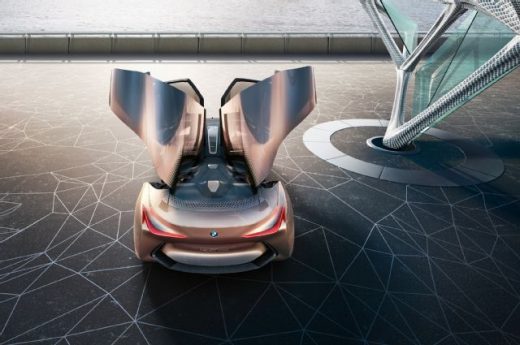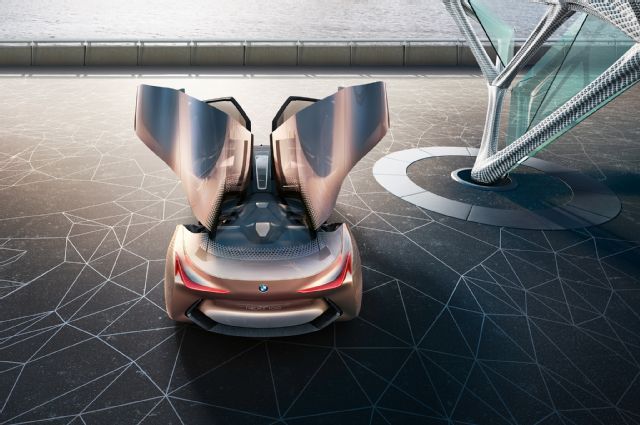BMW strikes autonomous car deal with Intel, Mobileye
BMW strikes autonomous car deal with Intel, Mobileye

BMW has announced a partnership with Intel and Mobileye, dedicated to building autonomous cars that are capable of a fully driverless mode.
The alliance, announced on Friday at a joint news conference, shows the power dynamics shifting in the automotive industry. Instead of BMW requesting parts and software or sourcing it internally, as it would have in the past, it is now using a more open and collaborative approach.
See Also: Toyota, Mercedes-Benz, and Honda lead the autonomous car race
All three companies plan to work together to launch a fully driverless car by 2021. BMW will show a prototype sometime in the future, with an Intel chip inside and Mobileye camera sensors and software inside.
“Highly autonomous cars and everything they connect to will require powerful and reliable electronic brains to make them smart enough to navigate traffic and avoid accidents,” said Intel CEO Brian Krzanich at the news conference.
Intel has been desperate to enter new markets, investing millions into wearables, machine learning, and the Internet of Things. BMW could provide the chip giant entry into one of the largest emerging markets, the driverless car.
BMW is open to having more companies join the partnership, though the other two in the alliance might not see the value of having potential competitors working to build the next generation of cars.
It is not the only marriage of automotive and technology that has happened this year, General Motors acquired Cruise Automation for $ 1 billion a few months ago and invested $ 500 million into Lyft as a portal for self-driving taxis.
Tesla accident casts a shadow
The announcement was plagued by questions about the safety of self-driving cars, following the first Tesla’s Model S crash while in AutoPilot. BMW CEO Harald Krueger said:
“The accident is very sad … We believe today the technologies are not ready for series production … For BMW, safety comes first.”
Mobileye has already thrown some shade at Tesla for its emergency braking systems, saying that weren’t designed for “lateral turn across path” action and won’t be until 2018. Tesla rebuked that claim, stating that the system should, in theory, have been able to recognize the car and press the brakes.
The crash may have thrown the self-driving industry, which was rapidly becoming more accepted in parts of the world, into disarray. Questions about who is to blame for a crash and if a car can make the moral choice may become more prevalent in the media cycle, which could create a disconnect between car drivers and autonomous systems.
The post BMW strikes autonomous car deal with Intel, Mobileye appeared first on ReadWrite.
(57)



